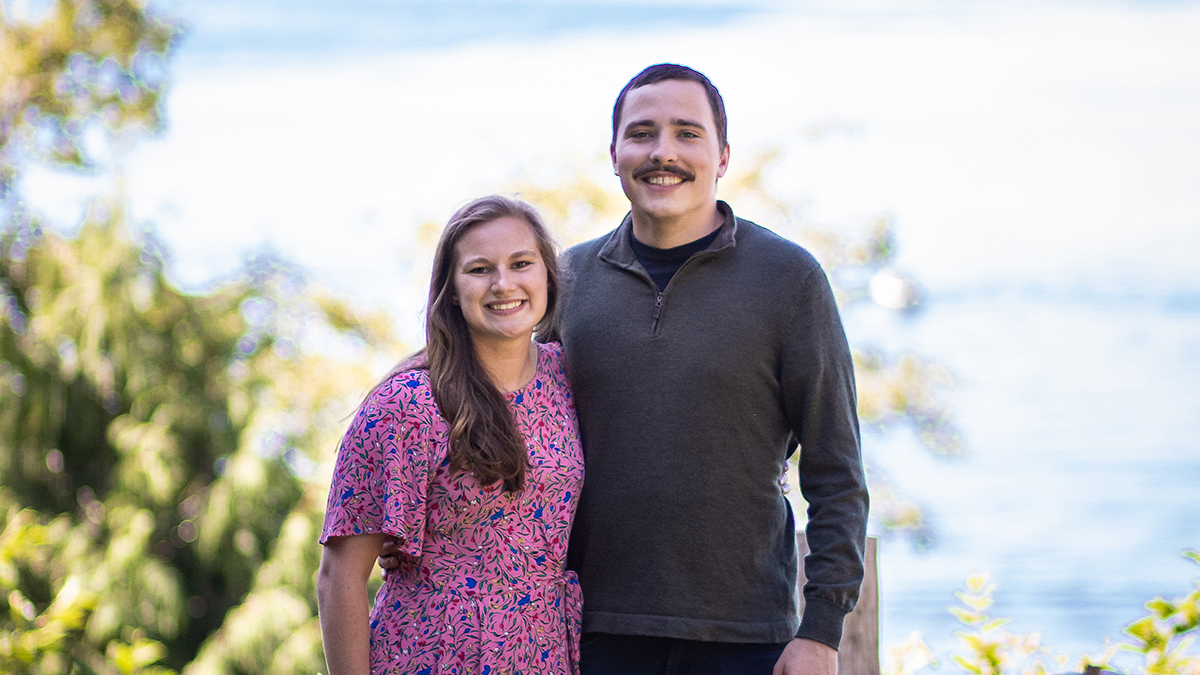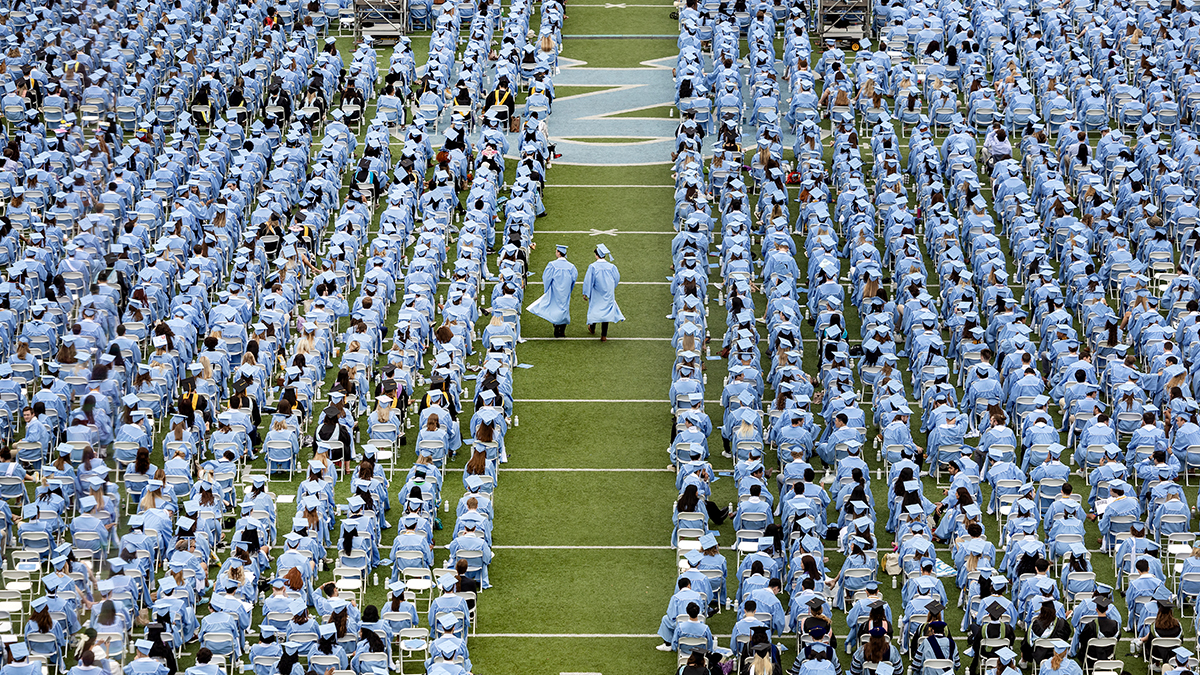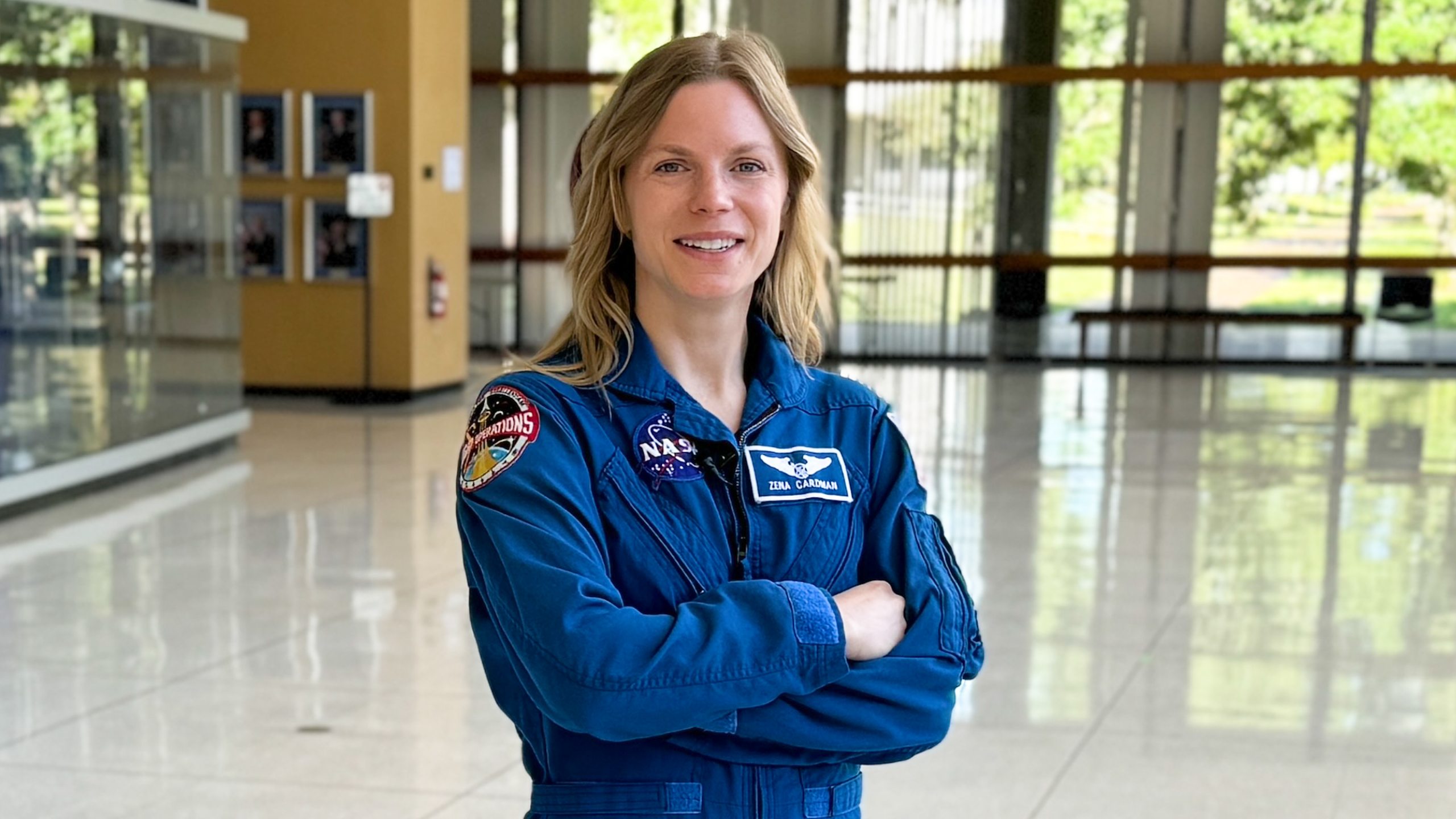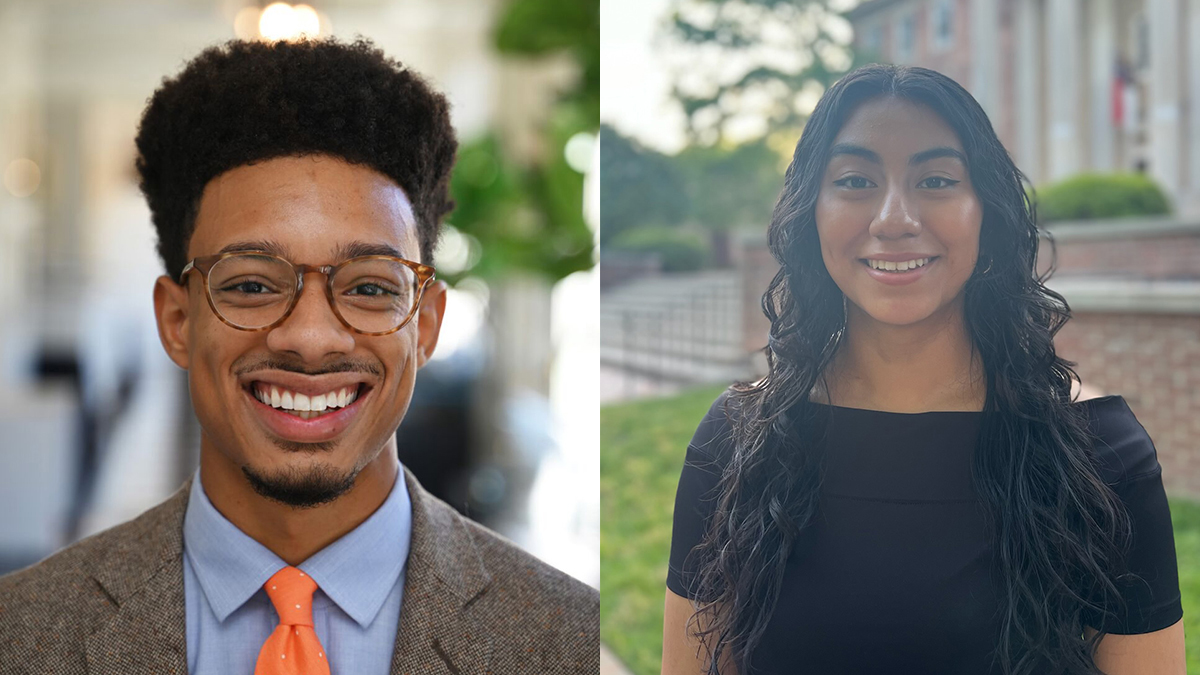Salary equity, diversity top agenda at Faculty Council
Extensive studies show that salary equity remains a problem at the University, with women, Black, Latinx and American Indian faculty members falling further behind.
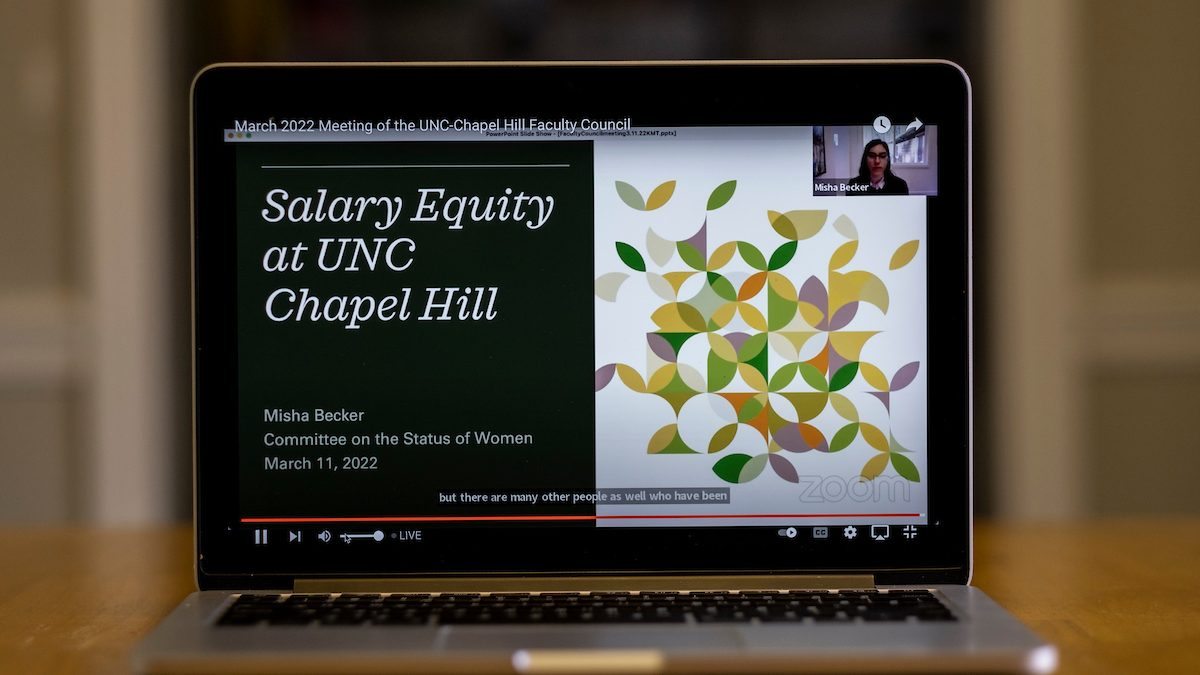
Over the past 20 years, Carolina has hired more women faculty. That’s the good news. The bad news is that these women aren’t getting paid as well as their male colleagues, earning 79% of what men earn.
That’s one conclusion in a new report from the Faculty Council’s Committee on the Status of Women. The data come from several studies done by the Office of Institutional Research and Assessment, the Chronicle of Higher Education and a 2019 study done by the committee.
“Salary equity remains a problem at UNC,” said Misha Becker, linguistics professor and chair of the Committee on the Status of Women, in presenting the committee’s report to council at its March 11 meeting.
Other key findings from the study include:
- As of 2020, mean salaries for men and white or Asian faculty exceed salaries for women, Black, Latinx or American Indian faculty by about $30,000 a year.
- The number of permanent distinguished professors who are women, Black, Latinx or American Indian is dwarfed by the number who are men or who are white.
- The gap between male and female salaries for tenured full professors in Academic Affairs (that is, not including Health Affairs) has widened from $8,497 in 2001 to $26,897 in 2020.
Becker said these are the three priorities the committee’s recommendations focus on:
- Attention: Sustained attention, strategy and implementation from above and below.
- Analysis: Annual salary studies with annual reporting of equity measures; biannual tracking of trends.
- Accountability: Internal accountability within units and external accountability to include public-facing reporting of progress.
The committee recommended that the administration take these steps:
- Make a concerted effort to award distinguished professorships to women and faculty of color.
- Take a broad perspective of how inequity in faculty and staff compensation stems from systemic practices.
- Make salary equity an explicit part of the University’s strategic plan by incorporating it into the specific initiatives in Carolina Next.
Diversity, dialogue and climate
In her presentation to Faculty Council, Leah Cox, vice provost for equity and inclusion and chief diversity officer, shared updates on how she is filling vacancies to rebuild her office’s staff and preparing to launch several programs.
- Project Uplift: The established summer enrichment program for rising high school seniors will offer an in-person, on-campus component this summer for the first time in two years.
- Uplift Plus: Project Uplift participants can also take advantage of this five-week intensive enrichment program on campus.
- Intergroup Dialogue: This initiative trains staff and faculty on how to facilitate difficult discussions about race, religion, sexual orientation and gender identity.
- Campus Climate Study: This survey to find out the issues most important to the campus community will begin this spring with students and continue this fall with faculty, staff and administrators.
Resignation, apology and anniversary
Remarks from Chancellor Kevin M. Guskiewicz and Provost and Chief Academic Officer J. Christopher Clemens focused on a high-profile resignation, an important anniversary and a controversial photo exhibit.
The University announced March 10 the resignation of Vice Chancellor for Research Terry Magnuson, following the federal Office of Research Integrity’s disclosure of research misconduct by Magnuson in his role as a faculty researcher.
“We have high professional expectations for the integrity of all research activities carried out here at Carolina,” Guskiewicz said. “And we hold everyone involved in research activity at that standard.”
The misconduct involved failing to cite references and copying text without attribution, prompting Clemens to remind faculty members, “We have to make space for detail work.”
Clemens also spoke about his call to artist Cornell Watson to apologize that the University had not given him a contract that clearly established who had final artistic control over his “Tarred Healing” photo exhibit, recently canceled by the Stone Center.
The date of the council meeting reminded the chancellor that it was the second anniversary of the decision to switch to remote instruction because of the COVID-19 pandemic. “We later learned that only about 15% of our faculty had ever taught an online course, a remote course,” he recalled. “We had to adapt, and we did that. We’ve overcome a lot, and I couldn’t be more proud.”
